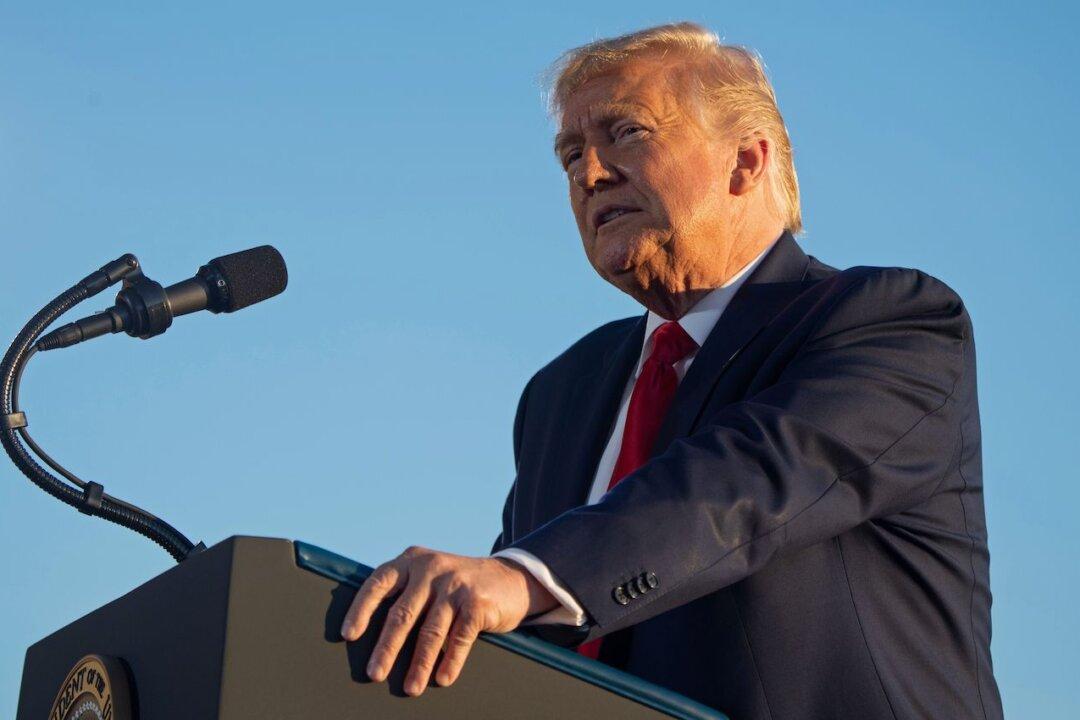The Trump administration on Aug. 27 announced that it has struck a deal to purchase 150 million new rapid COVID-19 tests to be distributed across the United States.
The $760 million deal with U.S. healthcare company Abbott Laboratories was granted emergency use authorization (pdf) by the Food and Drug Administration the day prior, Aug. 26.




